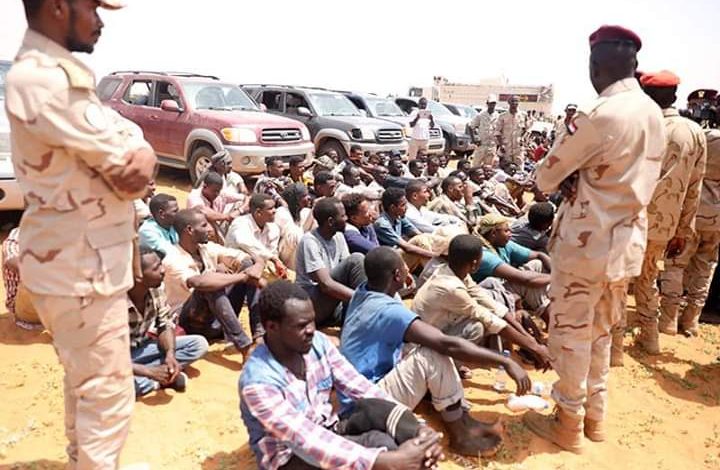Reports
Public Opinion Survey on the Future of Peaceful Coexistence in Sudan

According to social and political science theories, wars have significant effects on social cohesion, deepening divisions in national identity, damaging social infrastructure, and fragmenting family and community bonds, which ultimately erodes societal values. The war in Sudan, which began in April 2023, has had clear social implications, fueling tribal alliances, identity-based violence, and the targeting of specific ethnic groups, leading to profound fractures in Sudanese social fabric that may endanger post-war peaceful coexistence.
In an effort to measure the impact of the war on social cohesion and the future of peaceful coexistence, the Arab Experts Center for Press Services and Public Opinion Studies conducted an online survey over five days with 43,718 participants. Here are the key findings:
1. 62.6% of participants believe the war has led to clear ethnic and tribal polarization.
2. Over 50% report that national identity has suffered major damage, dividing society into sub-identities based on race and tribe.
3. 52.7% foresee significant challenges in rebuilding trust and peaceful coexistence post-war.
4. 83.4% believe that social media misuse has increased hatred and incitement within Sudanese society, while 87.5% attribute these sentiments in part to activists.
5. 45.8% are cautiously optimistic that retaliatory violence will not escalate post-war.
6. 86% feel that violations attributed to certain tribes and ethnic groups will hinder rebuilding trust between communities, but 58.5% say Sudanese society is open to reconciliation initiatives.
In Summary:
A considerable 94.1% believe common values exist that could unify Sudan’s diverse groups, laying a foundation for national unity.
64.6% express optimism that peaceful coexistence and social cohesion will improve in the coming years, while 14.5% feel otherwise



